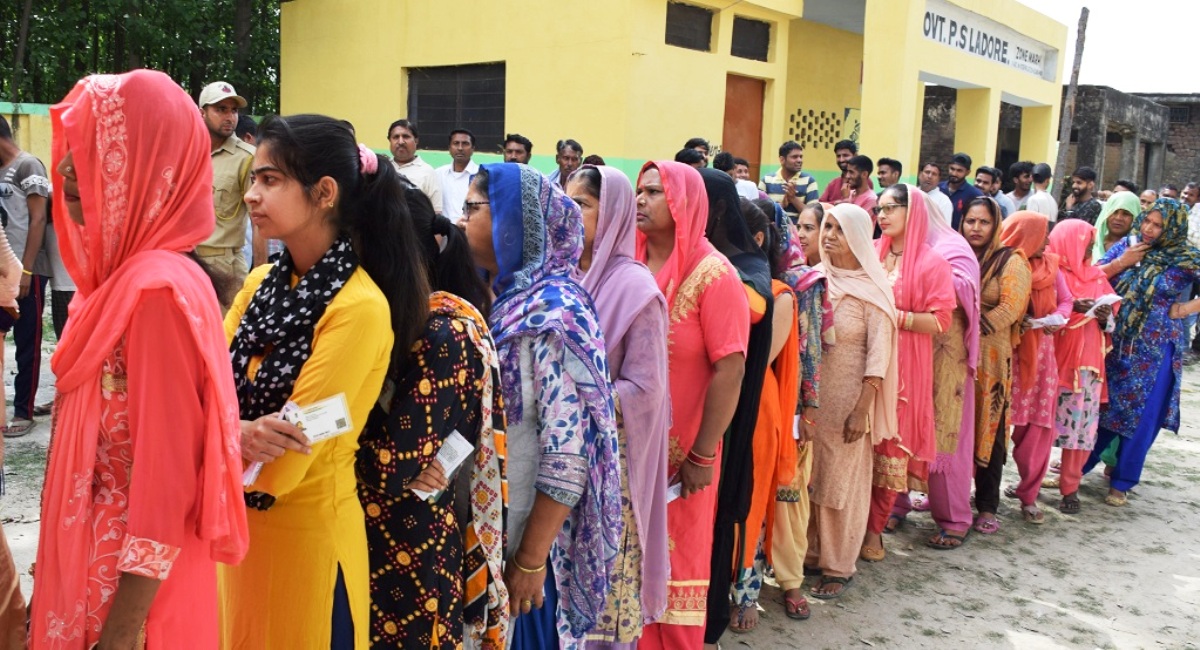Srinagar
A Division Bench of the High Court of Jammu and Kashmir at Jammu comprising of Chief Justice Gita Mittal and Justice Rajesh Bindal issued notice to the Government of the Union Territory of Jammu and Kashmir as well as the Government of India to produce all Circulars which declared the High Court of J&K and the District Courts as High-Security Zones.
They also directed the Government of India to consider the deployment of security by the Central Armed Police Force to both the Wings of the High Court as well as all the District Courts.
“The act of locking of the main door of the District Courts can have dangerous consequences which are beyond the violation of the Article 21 rights of the prisoners and accused. The same can result in a dangerous situation of anarchy within the Court complex. The same can endanger not only the security of the judges and other persons inside the district complex but also imperil lives in the event of any untoward incidents,” said the court.
“The Court on its Own Motion, stated that the responsibility of Court was to ensure that dispensation of justice to the people of UTs of J&K, and Ladakh was effect and fair. In order to maintain the same, the Courts were dependent upon the local police tasked to provide security to the courts and thereby prevent any disruption of the justice dispensation system,” it said.
However, this was proving to be an issue due to local police’s reluctance to engage with lawyers resulting from the altercations between the two in the recent past. Subsequently, the J&K High Court Bar Association had requested its members to abstain from work indefinitely.
On perusal of reports from the Principal District Judge, Jammu and some judges in the District Courts, submitted by the Registrar General, the Bench found that in addition to the call for abstention, other unruly acts had been conducted to prevent movement into the Courts and the local police were unable to control the situation.
Additionally, posters threatening suicide attacks on the judiciary had been posted on 07.09.2019 in the Srinagar Wing of the High Court. These posters stated that J&K had been transformed into a police state and law of the jungle had taken precedence over human law, thereby rendering the judiciary deficient and useless. On intimation of the same to the Chief Justice of India, the security was immediately increased in the said Wing.
The Bench stated that the District Courts, as well as High Court, conducted sensitive criminal trials which included dangerous criminals being prosecuted under erstwhile Terrorists and Disruptive Activities (Prevention) Act, 1987, the National Investigative Agency Act, 2008, the Narcotics Drugs and Psychotropic Substances Act, 1985 etc. Due to work of this nature, guidelines had been issued by the Ministry of Home Affairs (Govt. of India) on 31.05.2007 and 04.06.2007 to declare certain High Courts as High-Security Zones, however, they are yet to be implemented.
It was acknowledged that the security of the Supreme Court of India and the Delhi High Court is undertaken by the Central Reserve Police Force. Central Industrial Security Force is deployed to provide security in Madras High Court post lawyers’ strike in 2009. In J&K, while the security of the two Wings of the High Court were provided by Border Security Force and Central Reserve Police Force, the District Courts were the responsibility of the local police, it said.
The Bench gravely noted that these events were “threats to not only justice dispensation but actions which may imperil lives of persons accessing the courts as also the public property in the nature of court infrastructure”. The matter is now listed on 29th January 2020.















